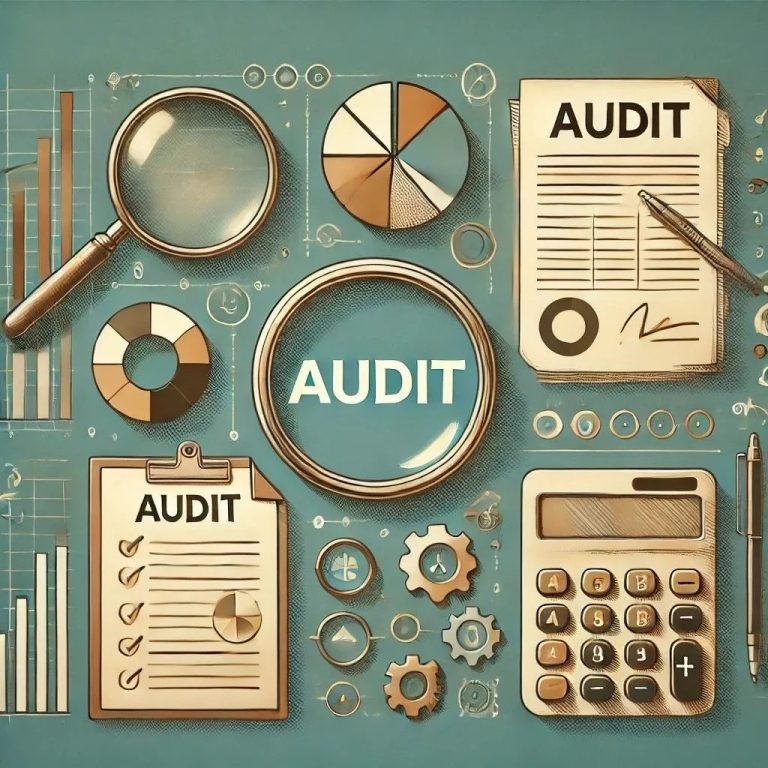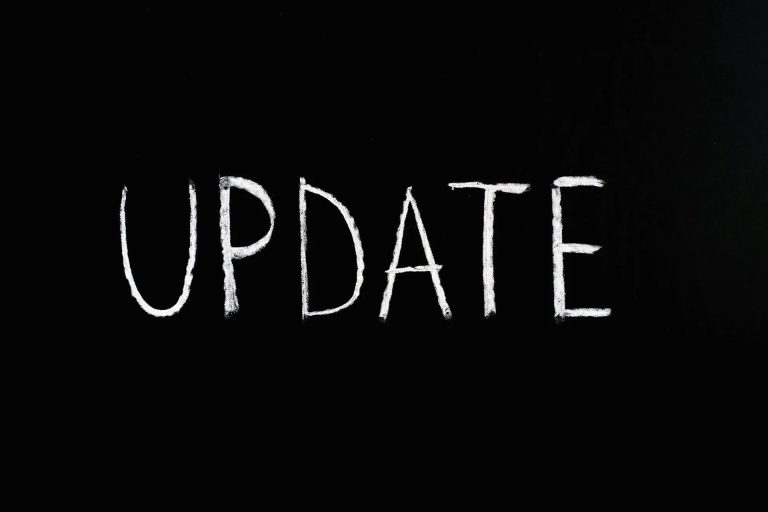Choose Your Tax Preparer Wisely
There are many things you should look into before engaging your tax preparer.

Check the person’s qualifications.
- All paid tax return preparers have a Preparer Tax Identification Number (PTIN).
- Is the preparer affiliated with a professional organization and attend continuing education classes? Are they an enrolled agent (EA), certified public accountant (CPA) or attorney?
- Be sure to verify his/her licenses with the State or IRS.
Find out about their service fees.
- Avoid preparers who base their fee on a percentage of your refund or those who claim they can obtain larger refunds than other preparers.
- Always make sure any refund due is sent to you or deposited into an account in your name. Under no circumstances should all or part of your refund be directly deposited into a preparer’s bank account.
Ask if they offer electronic filing. Any paid preparer who prepares and files more than 10 returns for clients must file the returns electronically, unless the client opts to file a paper return. Make sure your preparer offers IRS e-file.
Make sure the tax preparer is accessible. Confirm you are able to contact the tax preparer after the return has been filed and/or after the April due date, in case questions arise.
Provide all records needed to prepare your return. Reputable preparers will request to see your records and will ask you multiple questions to determine your total income and your qualifications for expenses, deductions and other items. Do not use a preparer who is willing to electronically file your return using your last pay stub instead of your Form W-2. This is against IRS e-file rules.
Never sign a blank return. Avoid tax preparers that ask you to sign a blank tax form.
Review the entire return before signing it. Before you sign your tax return, review it and ask questions. Make sure you understand everything and are comfortable with the accuracy of the return before you sign it.
Make sure the preparer signs the form and includes his or her (PTIN). A paid preparer must sign the return and include his or her PTIN as required by law. Although the preparer signs the return, you are responsible for the accuracy of every item on your return. The preparer must also give you a copy of the return.




